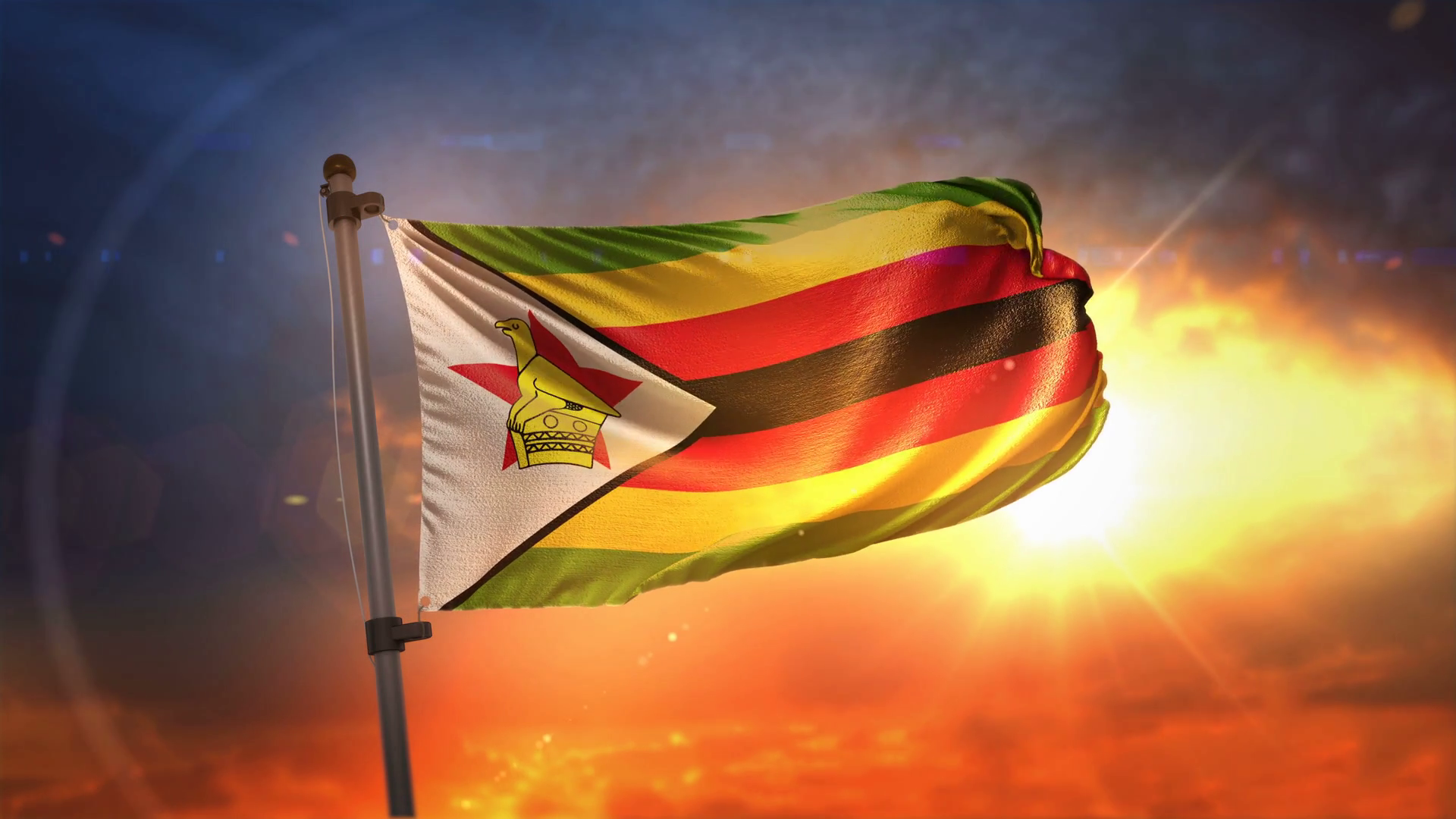A shutdown of the internet by the Zimbabwe government this week, in an attempt to quell deadly protests, ended up achieving the exact opposite result – a total shutdown of the economy, including key public services like health and education.
Mobile networks and internet service providers suspended web services on Jan. 15 under an order by the Minister of State in the President’s Office for National Security. The idea was to prevent social media platforms like Whatsapp, Twitter, Youtube and Facebook from being used by citizens to spread messages of revolution following a 150 percent increase in the pump price of diesel and petrol.
The ban was reviewed Thursday, Jan. 17 to apply only to those four popular social networks but was reimposed again later that evening. Since Jan. 14, when the demonstrations started, more than three people have died from the protests, partly mobilized on social media throughout the Southern African country’s major cities. Police stations have been burned down and shops looted and destroyed.
While the government may have been looking to strengthen its hand in news management and contain demonstrations, the shutdown has completely paralyzed business activities that rely on the internet. Instead of protestors shutting down the economy, the government totalized the inability of businesses to operate with the internet blockade. Bank transfers were impossible and the stock market was also down. All bitcoin-related transactions have been effectively disabled.
Meanwhile, the government explained the shutdown with conflicting messages, from a flimsy alibi to constitutionally drawn justifications. Ironically, the country’s president Emmerson Mnangagwa and other public officials continued addressing Zimbabweans on restricted social networks like Twitter, partly giving away the administration’s tendency to play international politics while restricting freedoms at home.
The government’s social media communications might also be an acknowledgement of the futility of blocking communications, as citizens in crisis situations have always been known to move to the next available platform. A growing number of Zimbabweans have started to switch to Telegram and are utilizing TOR and VPNs to unlock restricted platforms like Whatsapp, Facebook and Twitter. Whisper networks are ideal for citizens to communicate outside state restrictions and surveillance.
The real miscalculation was the effect of such a total ban on business operations. The existing liquidity crisis, also responsible for fuel shortages, has forced businesses to migrate online, with most shops having gone cashless, using mostly bank cards to facilitate transactions.
The internet shutdown means that retailers such as supermarkets were closed for business. The social extent to the blackout has apparently been unclear to the Zimbabwean authorities. Instead of battling to keep social services uninterrupted, the government also compromised healthcare, education and other public services, as they not only rely heavily on electronic transactions, but also need internet for records, internal systems and research.






